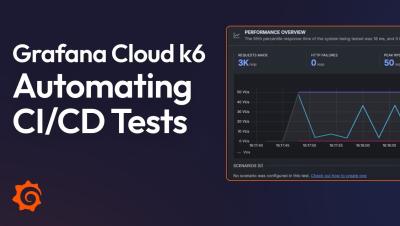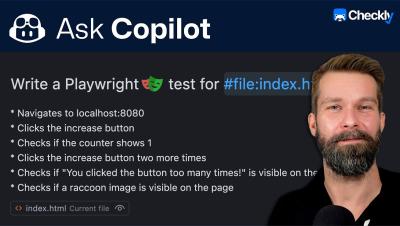A Short Guide on Mobile Application Testing
The variety of mobile applications is constantly increasing. Consumers use them because they are convenient and easy to navigate and can completely replace the web resource. However, the coordinated work of a mobile app is impossible without high-quality testing. It has its own characteristics and requires a special approach that will guarantee its functionality and compliance with all existing requirements. Next, you will learn what is meant by mobile testing and get acquainted with its advantages, stages and features.











